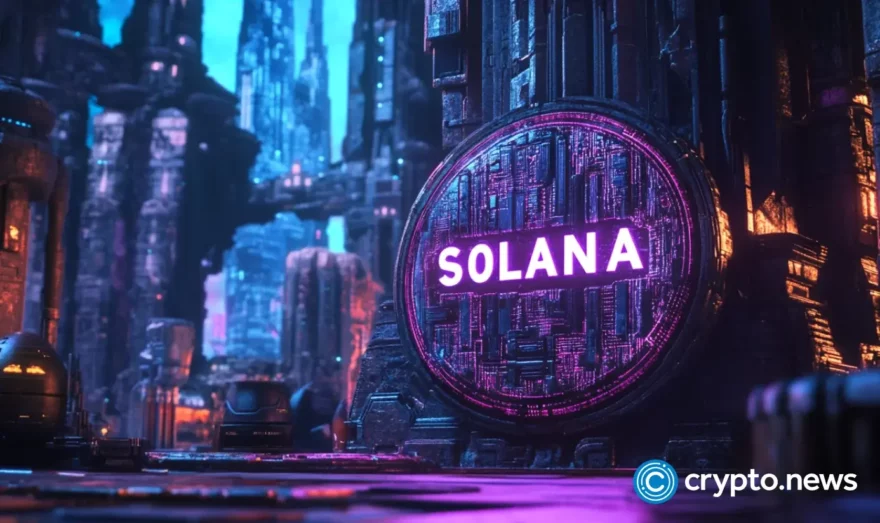Ethereum developer says mainnet eventually will not function as daily transaction hub

Ethereum core developer Eric Conner says the network’s mainnet in the long term will not serve as the platform where daily users would want to transact tokens.
In a recent thread on X, Eric Conner, an Ethereum core developer, discussed the future trajectory of Ethereum’s mainnet, shedding light on its role in the ecosystem and addressing concerns about transactional costs. Conner emphasized Ethereum’s prioritization of “liveness,” highlighting its critical importance in facilitating transactions without outages as a key to building trust within the ecosystem.
Addressing the prevalent concern about high transaction fees on Ethereum, Conner pointed out that while Ethereum’s mainnet may not be the ideal platform for daily transactions in the long term, it will still serve as the foundation for decentralized applications and settlement layers.
Highlighting the potential of layer-2 solutions to mitigate high fees, Conner expressed confidence that these solutions are already effectively addressing the issue.
In response to critiques regarding the user experience of layer-2 solutions, Conner remained optimistic, suggesting that the challenges can be solved. Although he didn’t delve into specific solutions, he pointed out significant improvements in the user experience of layer-2 solutions over the past two years, predicting that wallets will ultimately streamline processes, making the overall experience more seamless and user-friendly.

Meanwhile, data from BitInfoCharts shows that the average transaction fee on Ethereum presently stands at $9, notably lower than the $50 recorded in 2021 but still posing a hurdle for network activity at current levels. Comparatively, executing a token swap on Ethereum’s mainnet costs approximately $6, whereas the same operation costs only $0.6 on Loopring or $0.18 on Optimism, highlighting the attractiveness of layer-2 solutions for cost-conscious users, according to L2Fees data.















